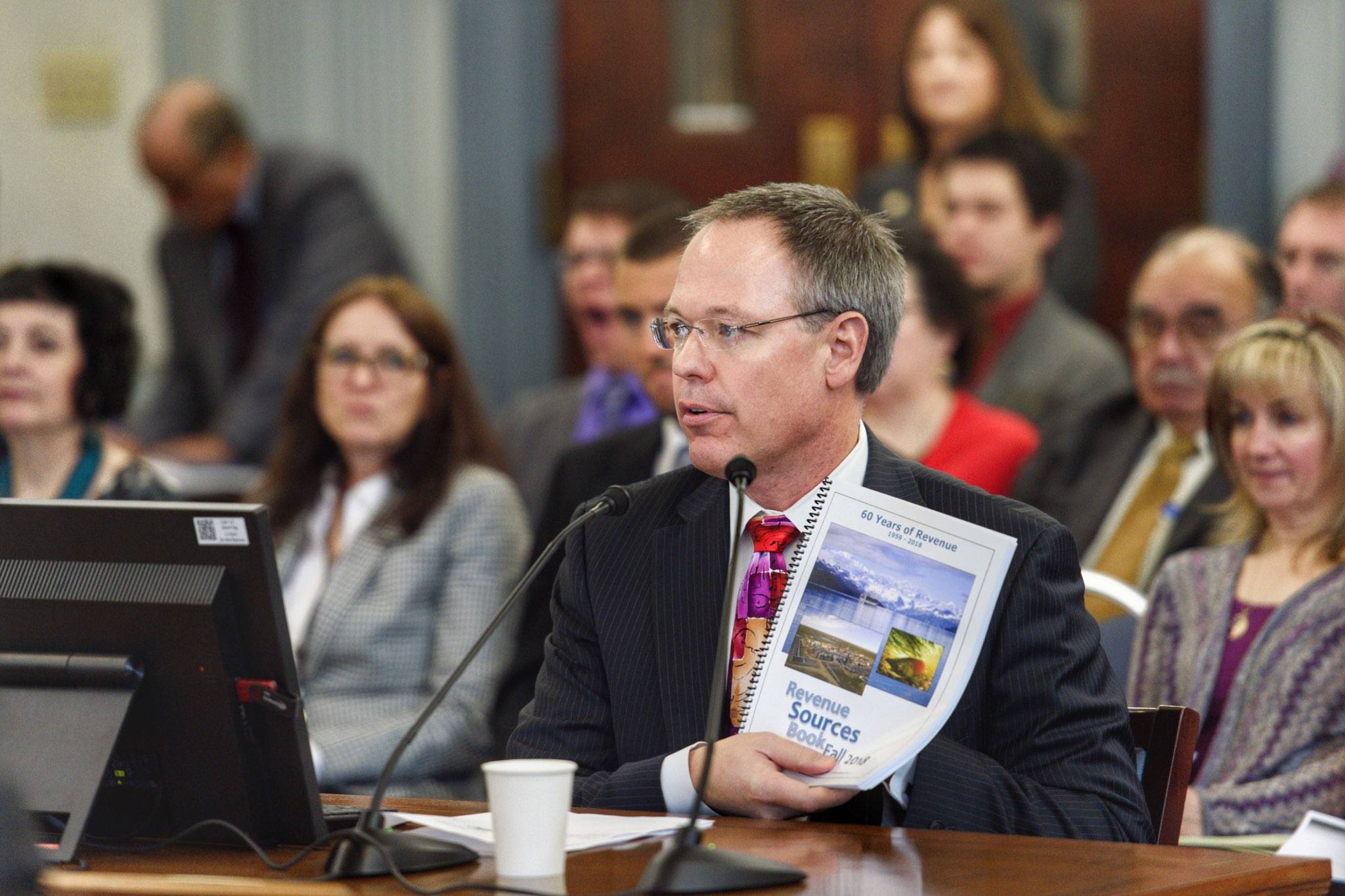Despite what you might read in some recent media publications, Alaska’s economy is recovering.
Jobs have increased every month since last year’s election, GDP is up by more than 3%, wages are climbing, and the private sector is showing a willingness to invest in Alaska. If you believed some of the recent doom and gloom headlines that have come out you’d think that state government is truly the economic driver of a state’s economy and without it, we are destined to fall off the cliff.
In reality when looking at the entire operating budget and all fund sources, the reductions equate to about a 6% reduction from FY 2019 … hardly fiscal Armageddon for a state government that has been living comfortably for several decades. Fortunately, most Alaskans understand that the private sector, not the government, is what drives an economy.
It’s true that Alaska’s private sector has been through the wringer the past four years but businesses large and small are starting to get back on their feet. A smaller, leaner more efficient government will help build confidence as these businesses make investment decisions in Alaska.
While there has been a bit too much “the economy may never recover” rhetoric, it was good to see that Anchorage Economic Development Corporation (AEDC) recognized some of the great things that are happening in our economy.
Some of the highlights include statewide cruise volumes increasing by 16.5% as well as new developments on the North Slope adding an estimated 350,000 barrels/day in the next few years. Alaska is and will continue to be a resource state and AEDC nailed it when they reported North Slope investment is “an encouraging sign of optimism among producers.”
Overall investment on the North Slope has increased from $4.4 billion in FY 2018 to a projected $5.5 billion in FY 2020. However these new developments will require multibillion dollars of additional investments by the private sector.
We are realizing this rebound in investments is due in large part to the fiscal stability we’ve had in place for the past five years. Make no mistake, Alaska does not have the expertise or balance sheet to develop these resources. We will continue to rely on private sector investment to get our resources to market. They in turn must count on the state to put in place a stable budget that lives within its means.
There was a substantial disconnect between how private sector and government reacted to the recent recession.
The private sector was forced to react swiftly and immediately while government refused to face the reality of the recession. How can I say this?
Just look at the actions taken over the past few years. Spending far outpaced annual revenue as we blew through $15 billion in our biggest savings account, the Constitutional Budget Reserve (CBR). At the same time family households and businesses small and large were forced to adjust their spending habits to adapt. During this time Alaska lost 12,000-plus jobs of which a very small fraction were government jobs.
Job losses are painful regardless of how they are funded but government was held harmless for the most part through the CBR spend down. It is more important than ever that we create a smaller governmental footprint to adjust to our new revenue realities.
Alaska does hold nearly $70 billion of reserves, almost 25% of which is in unrestricted accounts. Those financial assets generate nearly $4 billion per year in earnings and represent a potential source of funding should a temporary reduction in revenues cause cash flow troubles. That’s on top of over $2 billion of other state revenues that covers nearly half of the cost of running our state government. This means we have a coverage ratio that is the envy of almost any other government.
I met with all three rating agencies (Moody’s, S&P, Fitch) last week and they certainly recognize the vast financial and natural resources with which Alaska is blessed. They also give the previous Legislature and governor kudos for passing SB 26 in 2018 — the Percent of Market Value (POMV) framework which accesses a portion of the Permanent Fund Earnings Reserve. However, they also correctly point to the statements made by those same politicians last year regarding SB 26 as only a “partial fix.” The PFD calculation has been faithfully followed for nearly 37 years. SB 26 is a 12-months-old law and incomplete by many legislators’ own admission.
If there’s one thing that government can do to assist in this recovery it will be to get its fiscal house in order which will allow the recovery to continue. Alaska is blessed with tremendous resources and will rely on private sector capital to monetize our resources.
An unbalanced state budget will ultimately lead to confiscation of hard earned private sector dollars. It is imperative that we reduce the government footprint to put our state on solid footing for generations to come.
• By Department of Revenue Commissioner Bruce Tangeman

